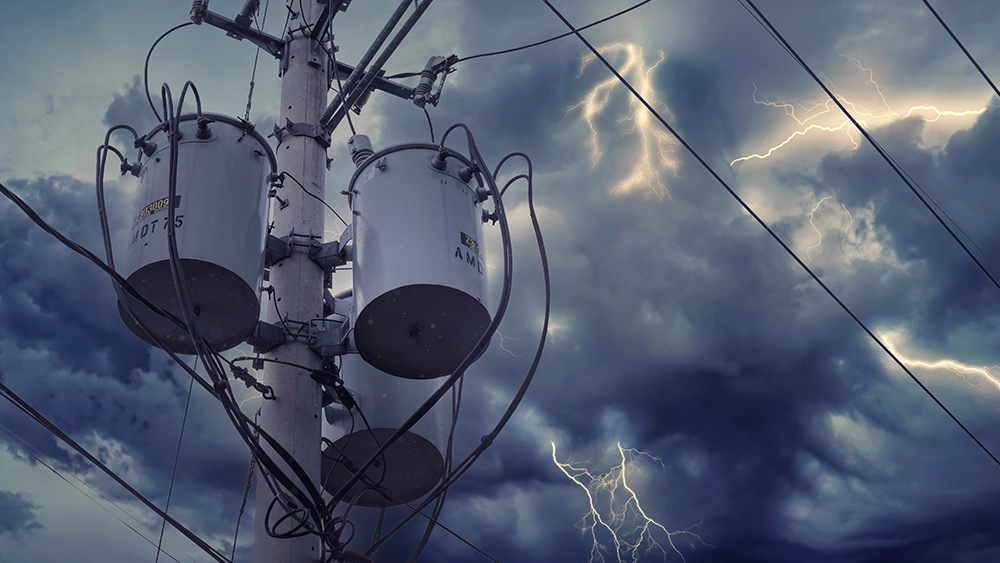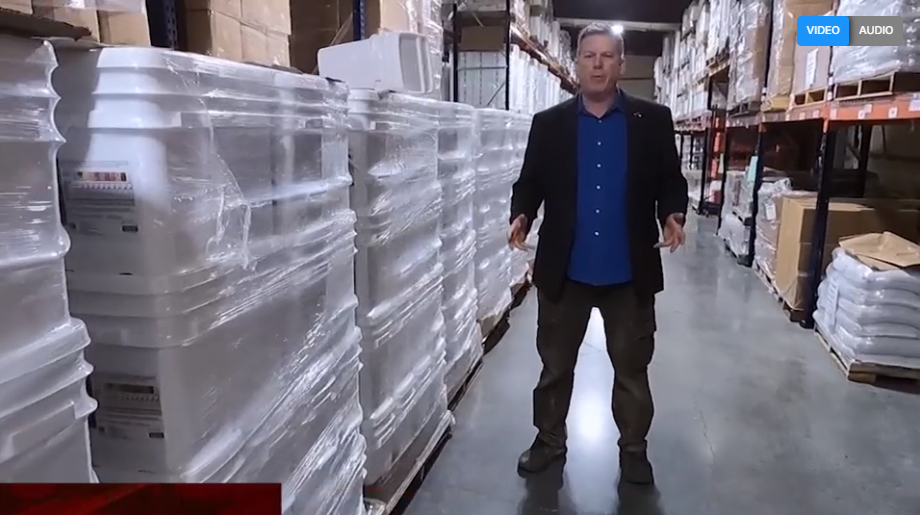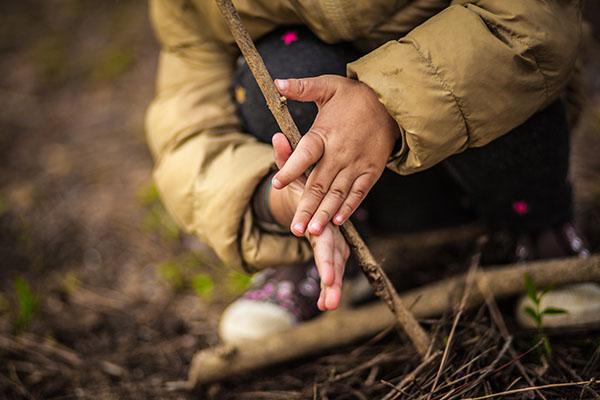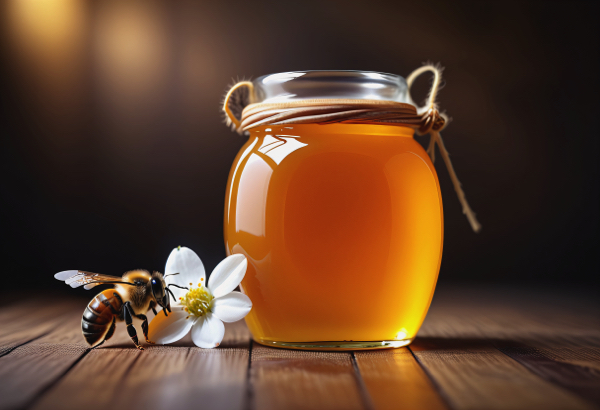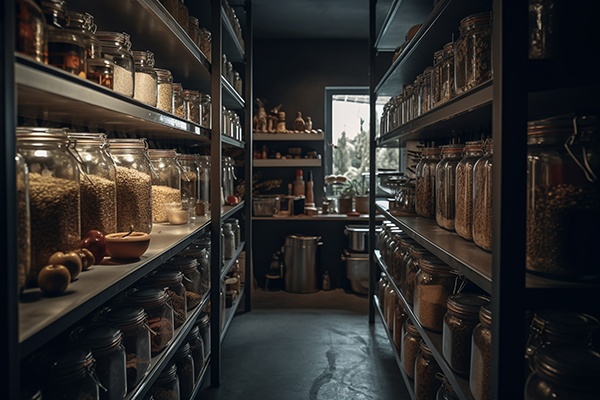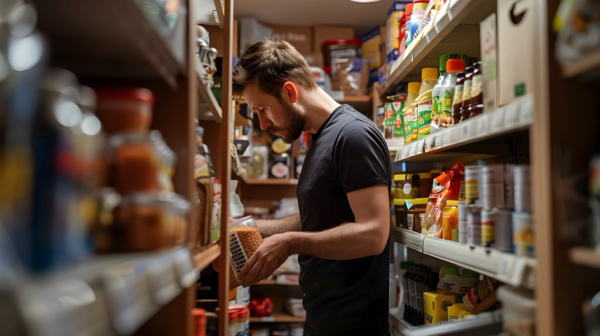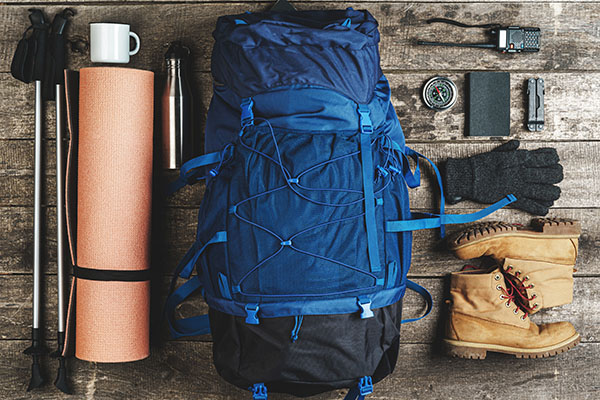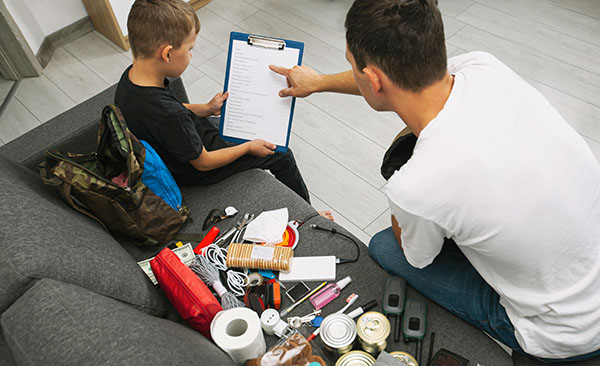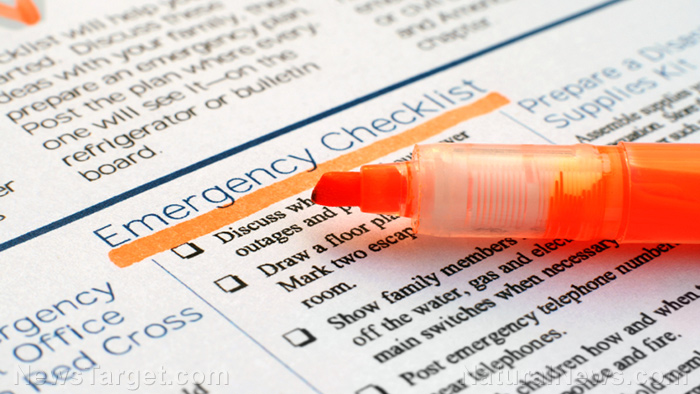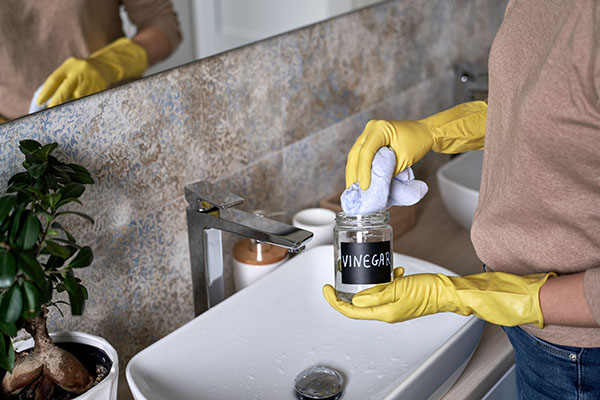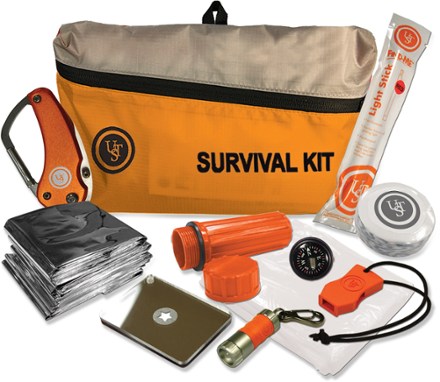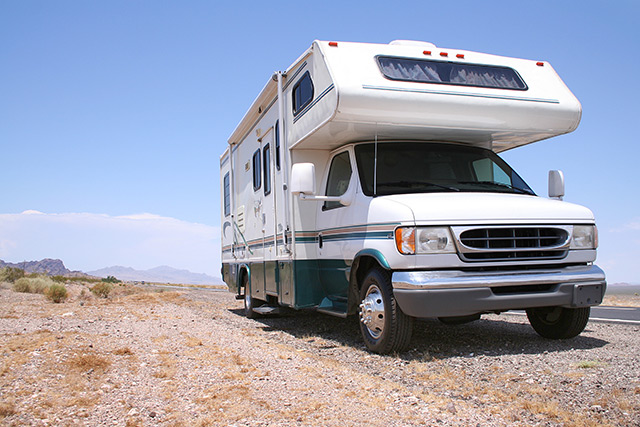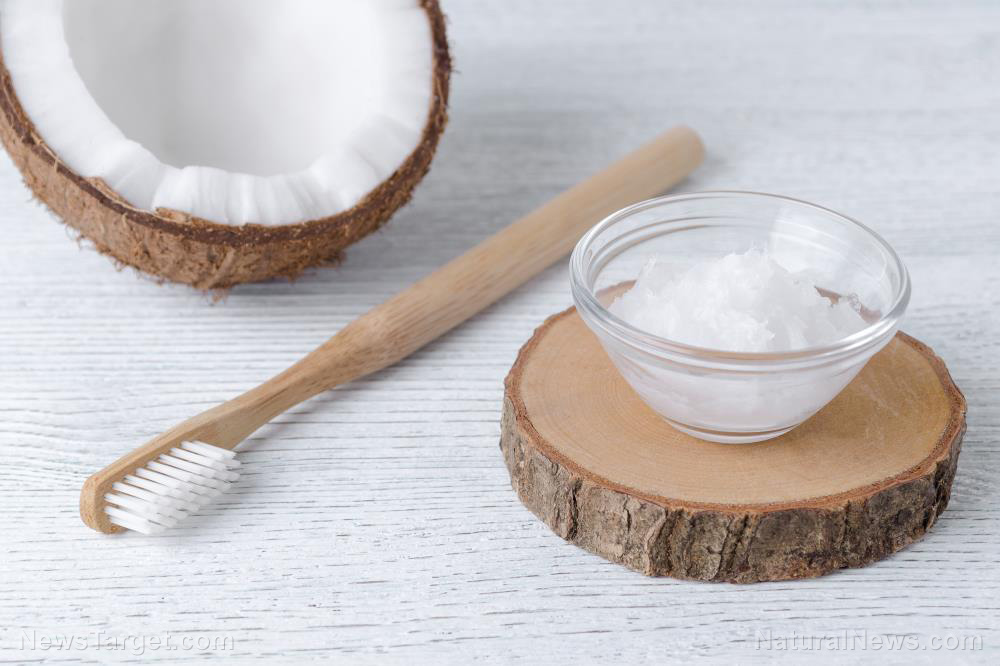17 Skills that will benefit homesteaders and preppers
10/11/2024 / By Zoey Sky
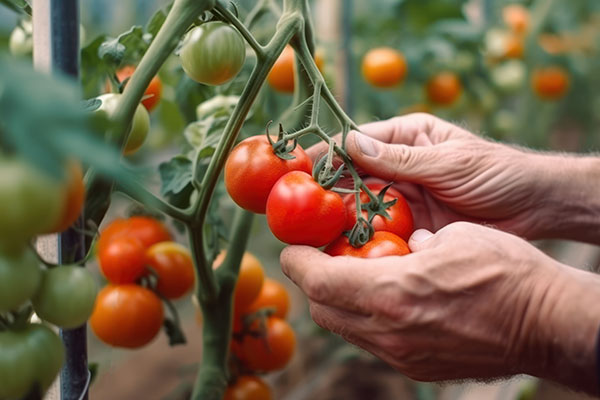
Being a homesteader involves more than growing crops in your garden.
Homesteading is about being self-sufficient and learning useful skills that can help you survive during peaceful times and when SHTF. To become more self-reliant, you can learn a variety of useful skills, such as animal husbandry, basic carpentry and food preservation. (h/t to SimpleFamilyPreparedness.com)
Animal husbandry
Raising animals is an important aspect of homesteading.
If you plan to raise animals for meat or dairy, you should also know how to take care of them. This involves learning what to feed animals like chickens, cows, or goats and how to manage their health. Doing this ensures that you get quality eggs, milk and meat.
Basic carpentry
Basic carpentry skills are essential if you plan to build chicken coops or if you want to learn how to repair fences. Carpentry skills are also beneficial for homesteaders who want to learn how to handle tools and construct simple structures to save money and increase a homestead’s functionality.
Basic veterinary skills
Understanding animal health involves learning how to administer basic treatments and when to call a vet and these skills can help ensure that your livestock stays healthy and productive.
Beekeeping
Beekeeping can help improve your garden’s pollination and provide you with honey and beeswax.
Note that beekeeping requires specific knowledge about bee behavior and hive management.
Budgeting and resource management
Learn how to manage your financial and physical resources efficiently to management that your ensures your homestead remains sustainable. Make the most of your money by learning how to budget your expenses and using your resources wisely.
Composting
Learn how to turn kitchen and garden waste into compost to reduce food waste and improve soil quality. Try to master composting techniques to maintain a fertile, productive garden.
Energy management
Knowing how to use and conserve energy, such as electricity, solar, or wind power, can help reduce costs and increase your homestead’s sustainability.
Community networking
Aside from being self-sufficient, being an effective communicator and building strong relationships with other homesteaders and locals can provide you with advice, trade opportunities and support.
Fishing and hunting
If your homestead is located near a body of water or rural areas, fishing and hunting are valuable skills for those who are looking for a source of fresh meat.
Additionally, learning sustainable practices can help preserve local wildlife populations.
Firestarting
You need to learn how to start a fire using firestarting tools and basic survival gear so you can cook food, boil water and stay warm.
Food preservation
Knowing how to preserve food through drying, fermentation, or freezing will allow your family to enjoy seasonal fruits and vegetables all year round.
Food preservation techniques are also useful if you want to learn skills for producing delicious homemade goods.
Foraging
Before you start picking berries or mushrooms, you need to know how to safely identify and harvest berries, nuts, plants and wild plants. These foods can be used to supplement your diet and introduce new flavors to your meals.
Foraging is also a fun way to connect with the local environment and learn from experienced homesteaders.
Gardening
You can become a self-sufficient homesteader by learning how to grow vegetables and herbs.
Take the time to learn about different planting techniques, soil preparation and how to deal with pests using natural pest control methods to ensure that fruits and vegetables from your garden are free from harmful pesticides.
Below are 10 of the easiest vegetables to grow:
- Beets
- Carrots
- Chard, kale, or spinach
- Green beans
- Lettuce
- Peas
- Peppers (by transplant, i.e. small nursery plant)
- Radishes
- Tomatoes (by transplant, i.e. small nursery plant)
- Zucchini
While planting these crops, you can also grow flowers like marigolds, which can help attract pollinators and deter pests.
Growing medicinal herbs
Growing and using a variety of useful medicinal herbs can help boost your family’s overall well-being and lessen your reliance on store-bought medicines.
Use plants like chamomile, lavender and peppermint to make tinctures, salves and teas.
Sewing and mending
Knowing how to sew and mend clothes and other textiles will extend the life of materials and reduce waste. (Related: Prepping basics: Quick and easy tips for future preparation.)
Water harvesting
If it rains a lot in the area you live in, collecting and storing rainwater can significantly reduce your dependence on external water sources.
Mastering water harvesting can also help ensure that you always have enough water for your household and garden needs even after SHTF.
Weather prediction
Knowing how to read the weather can help you better plan your planting and harvesting activities.
It can also protect your homestead from potential weather-related damages.
Go to Homesteading.news for more tips on how to become a self-reliant homesteader. You can also check out Health Ranger Store and Brighteon Store to browse lab-verified foods for your prepping needs.
Watch the video below to learn why natural sweeteners are a healthy addition to your survival food stockpile.
This video is from the Health Ranger Store channel on Brighteon.com.
More related stories:
Essential survival skills you can master in your own backyard.
Essential survival skill: Learn how to make survival bread.
Survival 101: How to turn your car into a bug-out vehicle.
13 Survival tips to effectively prepare for biological threats.
Sources include:
Submit a correction >>
Tagged Under:
home gardening, homesteading, how-to, off grid, preparedness, prepper, prepping, prepping skills, SHTF, situational awareness, skills, survival, survival skills, tips
This article may contain statements that reflect the opinion of the author
RECENT NEWS & ARTICLES
COPYRIGHT © 2018 SURVIVALGEAR.NEWS
All content posted on this site is protected under Free Speech. SurvivalGear.news is not responsible for content written by contributing authors. The information on this site is provided for educational and entertainment purposes only. It is not intended as a substitute for professional advice of any kind. SurvivalGear.news assumes no responsibility for the use or misuse of this material. All trademarks, registered trademarks and service marks mentioned on this site are the property of their respective owners.

